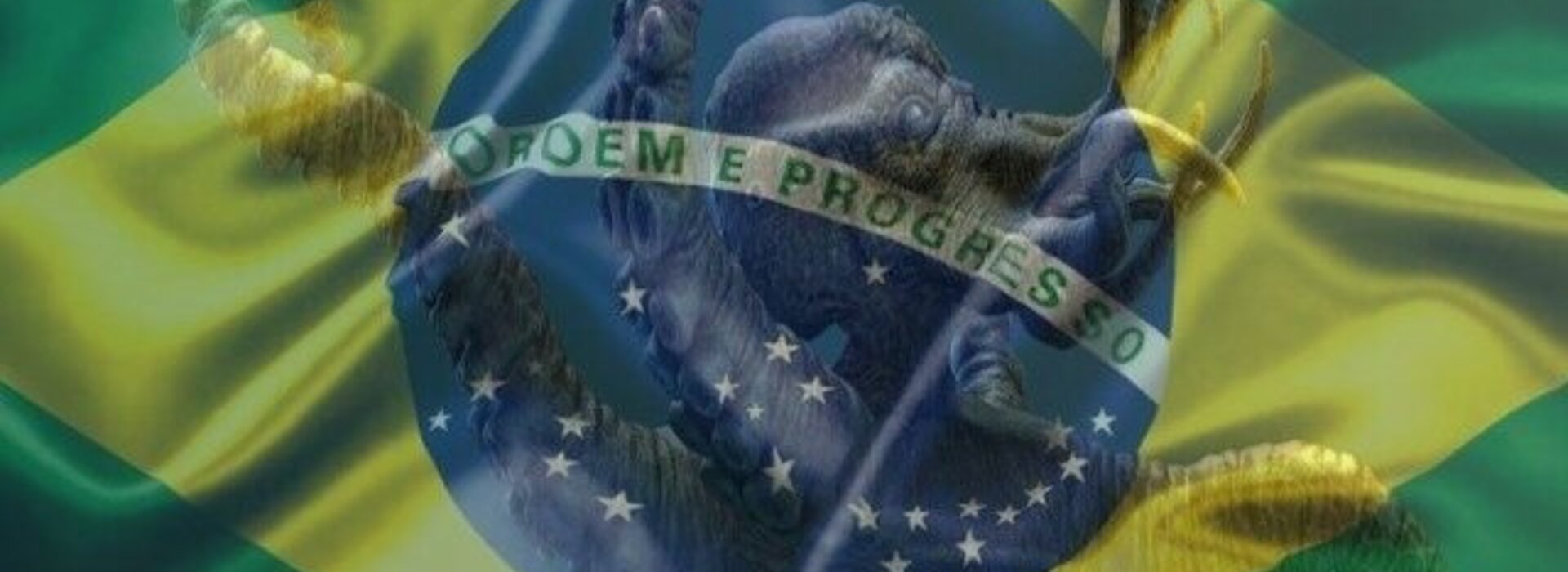In Norse mythology the Kraken is a creature long known in literature and popular culture. According to the most famous narratives, it was a cephalopod (a kind of squid) of colossal proportions and whose main activity was to sink the ships that passed close to it.
Very similar to the Kraken, in recent years the Brazilian State has gradually taken on monstrous proportions, mainly with regard to the growth of its expenses in relation to the Gross Domestic Product - GDP.
Much has been said about the size of the state and excessive taxation in Brazil, however, most people forget that the size of the state is best viewed when we look at how much it spends and not just how much it taxes.
If we take as a base the ten main economies in the world, Brazil has experienced the greatest expansion of public spending in the last decade.
From 2008 to 2019, State expenditure (added Union, States and Municipalities) grew from 29.5% to 41% of GDP - debt interest already excluded from the account - which, if added together, would reach the frightening level of 48.9 % of GDP.
Currently, it generally comprises State expenditures: payroll with public servants, social security and interest. This places Brazil in the select group of countries that spend the most on functionalism, behind countries like France and Canada.
Following this same pace of spending growth - around 1% a year - and making a relatively simple projection, it is possible to conclude that if nothing changes, in 60 years, in 2080, the country will have reached 100% of GDP in spending public.
In a municipal election year, it is vitally important that voters keep in mind that there is no free lunch. The State can only provide services and provide aid based on an increase in taxation or an increase in public debt. In both cases, all of us - from the simplest to the most affluent - will pay the bill in the end.
We warn that this account will arrive not only in financial terms, but also in terms of opportunity. Each time the State decides to intervene politically in the economy, either through taxation or through the manipulation of available credit, several opportunities for growth, employment and income are lost. Such opportunities as a rule do not enter official accounting, but are directly part of the opportunity costs and externalities caused by State intervention in the economy.
The growth of the Brazilian Kraken can be seen by its poor positioning in international rankings of economic freedom, such as that developed by the Fraser Institute in Canada. The 2018-2019 data, now revealed in 2020, show that in the general computation, the size of the state rose from 6.85 to 6.86 compared to the last report released by the institution. In addition, in the ranking itself, out of a total of 162 countries, Brazil is ranked 105th in terms of the degree of economic freedom experienced in the country, behind other countries that face very serious social problems such as Haiti, Guyana, Tanzania and Nigeria.
During the electoral period, as well as after it, it is important for all citizens to keep in mind that candidates are unlikely to mention uncontrolled spending, state overspending and the urgent need for cuts and readjustments. Most of the proposals will deal precisely with the opposite, the need for increases, expenses and maintenance of the monster's food.
On the other hand, in terms of concrete reality, but not so popular, the solution to part of the country's problems invariably involves a deep administrative reform and a consequent decrease in public spending.
Allan Augusto Gallo Antonio has a law degree from Universidade Presbiteriana Mackenzie and a master's degree in Economics and Markets from the same institution. He is a researcher at the Mackenzie Center for Economic Freedom
![Instituto Presbiteriano Mackenzie [Instituto Presbiteriano Mackenzie]](/fileadmin/CONFIGURACOES/DEFAULT_21/Resources/Public/Template/img/logo/mackenzie_w.svg)
